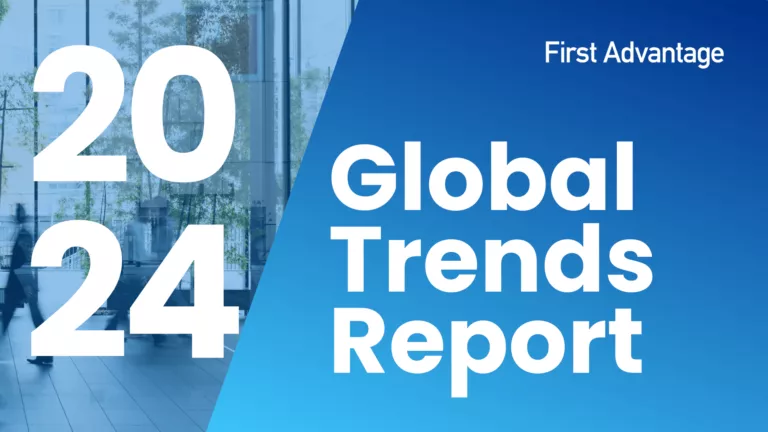Legalizing recreational marijuana was on the ballots in a handful of states for November 9’s midterm elections in the United States.
Before Tuesday, 19 states, the District of Columbia and two other U.S. territories had legalized recreational marijuana in some form. Now, Maryland and Missouri can join that list – as amendments to approve recreational use, as well as bring some changes in criminal law, were passed on November 9, 2022. Employers in Missouri will need to pay special attention to the employer-related impacts. There were also a number of failed cannabis legalization measures, namely in Arkansas, North Dakota and South Dakota where voters rejected their state’s legalization proposals.
Maryland Recreational Cannabis:
Maryland Question 4 passed on November 9, 2022, permitting recreational cannabis in the state and charging the legislature with providing for the use, distribution, possession, regulation, and taxation of cannabis. Beginning in July 2023, Maryland residents will be able to possess up to 1.5 ounces of cannabis.
There is currently no guidance with respect to employers, anti-discrimination laws, or screening prohibitions. However, it is widely anticipated that employer guidance will be provided prior to the July 2023 enactment.
Missouri Recreational Cannabis:
Missouri Amendment 3 (“Amendment”) passed November 9, 2022, permitting recreational cannabis in the state and prohibiting the discrimination on the basis of medical cannabis use.
This Amendment becomes effective on December 8, 2022 and legalizes the purchase, possession, consumption, use, delivery, and manufacture/sale of cannabis for those 21 and older. However, municipalities can still bar recreational cannabis through public vote and employers are not required to permit or accommodate conduct that is permitted at the workplace or on work property. Employers can still discipline employees for working while under the influence of cannabis. Employers can refuse to hire, discharge, discipline, or take other adverse employment action against individuals in terms of hiring, tenure, terms, conditions, or privileges of employment because said individual was working while under the influence of cannabis.
Of important note, this Amendment also includes a new anti-discrimination provision that applies to medical cannabis users. The Amendment states that employers may not discriminate in terms of hiring, termination, or any condition of employment if the discrimination is based upon 1) an individual’s status as a medical cannabis patient or primary caregiver. This includes the patient’s legal use of medical cannabis off of the employer’s premises during nonworking hours unless the patient was under the influence of medical cannabis on work premises or during work hours; or, 2) a positive drug test for cannabis or cannabis metabolites if the individual is a valid qualifying medical cannabis patient unless the individual used, possessed, or was under the influence of medical cannabis on work premises or during work hours.
Arkansas Recreational Cannabis:
Arkansas Issue 4, which would have legalized adult-use cannabis statewide, failed on November 9, 2022.
North Dakota Recreational Cannabis:
North Dakota Statutory Measure 2, which would have legalized up to one ounce of cannabis for adults 21 years and older, failed on November 9, 2022.
South Dakota Recreational Cannabis:
South Dakota Initiated Measure 27, which would have legalized the possession, distribution, and
use of marijuana by those adults 21 years and older was defeated on November 9, 2022. If you’ve followed the previous blog postings on this issue you’ll note that South Dakota had previously passed this initiative but it was later found unconstitutional by the State’s Supreme Court and send back as a ballot initiative, which has now failed.
Recommendations:
Due to the short compliance timeline, Missouri employers should review their drug testing policies to comply with the new Medical Marijuana amendment and well as await employer guidance from Maryland.
The foregoing commentary is not offered as legal advice but is instead offered for informational purposes. First Advantage is not a law firm and does not offer legal advice. The foregoing commentary is therefore not intended as a substitute for the legal advice of an attorney knowledgeable of the user’s individual circumstances or to provide legal advice. First Advantage makes no assurances regarding the accuracy, completeness, currency or utility of the following information. Regulatory developments and impacts are continuing to evolve in this area.



